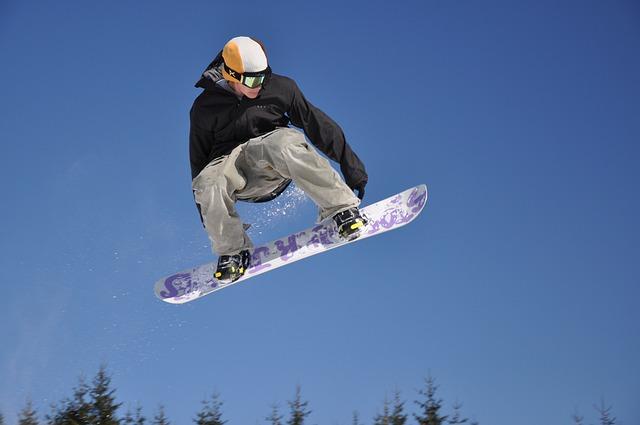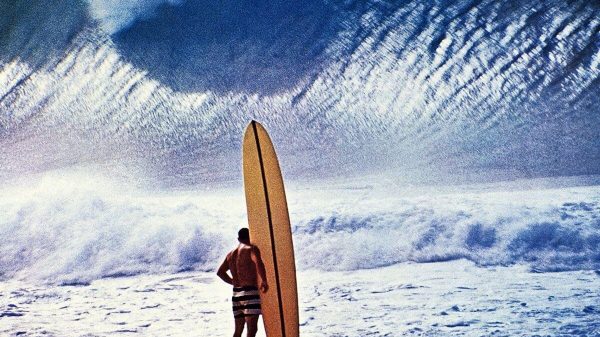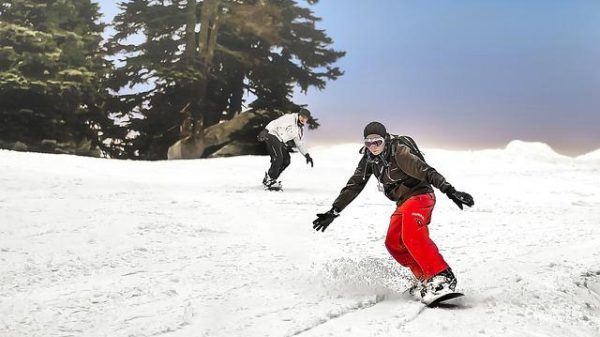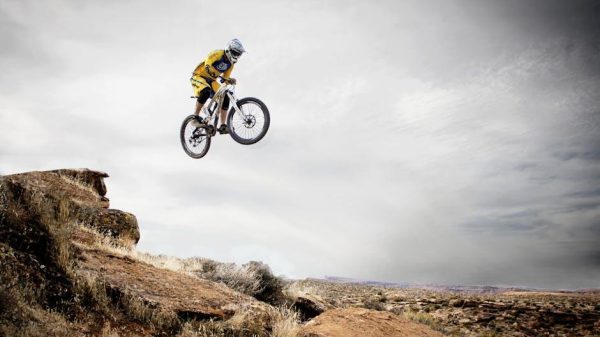Embarking on a snowboarding adventure in backcountry terrain offers a unique thrill that captures the hearts of many winter sports enthusiasts. The untouched snow, the serene environment, and the exhilarating rush of carving your path down a pristine slope create an experience like no other. However, with this unparalleled freedom comes a heightened need for awareness and preparedness. While the backcountry promises excitement, it also demands respect and caution to ensure a safe and enjoyable journey. In this guide, we will explore essential tips and strategies to help you navigate the beautiful yet unpredictable backcountry terrain with confidence. Embrace the spirit of adventure while prioritizing safety, and discover how you can make the most of your snowboarding escapades without compromising on fun or security.
Understanding Avalanche Risks and How to Mitigate Them
When venturing into the exhilarating world of backcountry snowboarding, it’s crucial to acknowledge and understand the inherent avalanche risks that come with it. Avalanches are unpredictable and can occur in a variety of snow conditions and terrains. However, with the right knowledge and preparation, you can significantly reduce these risks. Here are some essential tips to keep in mind:
- Stay Informed: Always check the avalanche forecast for your area before heading out. Local avalanche centers provide updates on snowpack stability and potential hazards.
- Gear Up: Equip yourself with essential safety gear such as a beacon, shovel, and probe. Practicing how to use them can make a critical difference in emergency situations.
- Choose Your Terrain Wisely: Opt for routes that are less prone to avalanches, such as ridges and dense forests, and avoid slopes steeper than 30 degrees when conditions are unstable.
- Travel Smart: Move one at a time through avalanche-prone areas, keeping watch for any signs of instability such as cracking or “whumpfing” sounds.
- Stay Educated: Take an avalanche safety course to understand snow science, rescue techniques, and decision-making skills.
By embracing these strategies, you can enjoy the thrill of backcountry snowboarding with confidence, knowing you’ve taken proactive steps to mitigate avalanche risks. The mountains are a beautiful playground, and with the right precautions, they can be safely enjoyed.
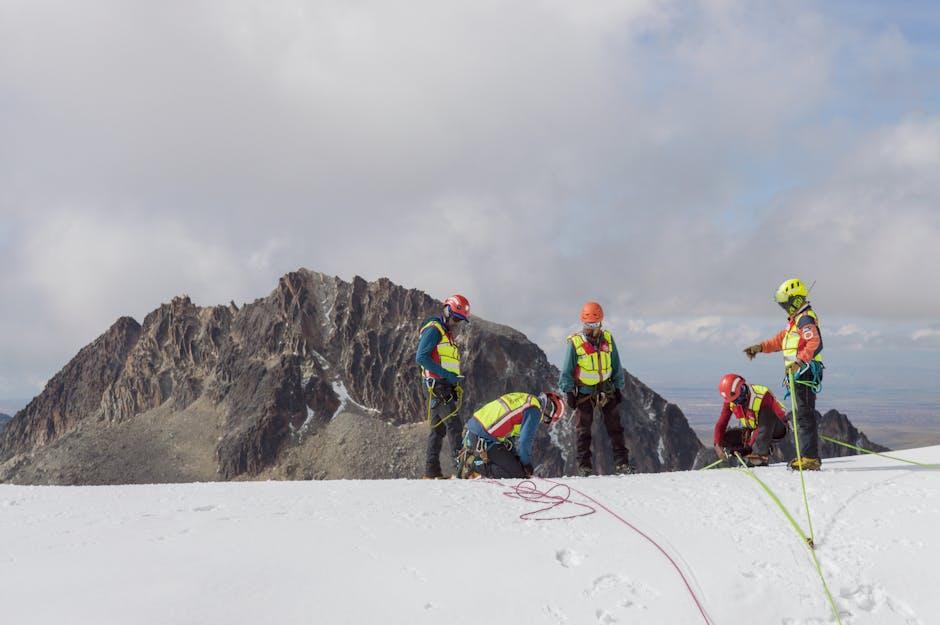
Essential Gear to Keep You Safe and Secure
Venturing into the backcountry for a snowboarding adventure requires not just skill, but also the right equipment to ensure safety. Avalanche safety gear is non-negotiable; you’ll need a beacon, probe, and shovel. These tools are essential for locating and rescuing someone in the unfortunate event of an avalanche. Pair these with a reliable avalanche airbag backpack that can help you stay afloat if caught in a slide.
Staying connected and informed is equally crucial. Carry a two-way radio to maintain communication with your group, and a GPS device to navigate the vast, often unpredictable terrain. Don’t forget to pack a first-aid kit tailored for cold weather conditions, including thermal blankets and hand warmers. To enhance visibility and protection, ensure you have goggles with interchangeable lenses suited for varying light conditions. Equip yourself with these essentials, and you’ll be ready to embrace the thrill of backcountry snowboarding with confidence.
Mastering Navigation Skills for Backcountry Snowboarding
Developing a keen sense of direction and understanding of the terrain is vital for any backcountry snowboarder. Start by familiarizing yourself with topographic maps and learning how to read them effectively. These maps provide invaluable insights into the landscape, helping you identify potential hazards and plan your routes with precision. Make sure to carry a reliable compass or GPS device, and know how to use them. While technology can be a lifesaver, it’s crucial to practice traditional navigation skills in case of device failure.
Key Tips for Mastering Navigation Skills:
- Study the terrain: Spend time reviewing maps and satellite images before your trip.
- Practice using a compass: Regularly check your bearings to ensure you’re on the right path.
- Use landmarks: Identify and memorize natural landmarks to assist in orientation.
- Stay updated on weather conditions: Weather can drastically alter the landscape, affecting navigation.
- Travel with a partner: Two sets of eyes are better than one for spotting key navigational cues.
By honing these skills, you not only enhance your safety but also deepen your connection with the majestic backcountry environment.
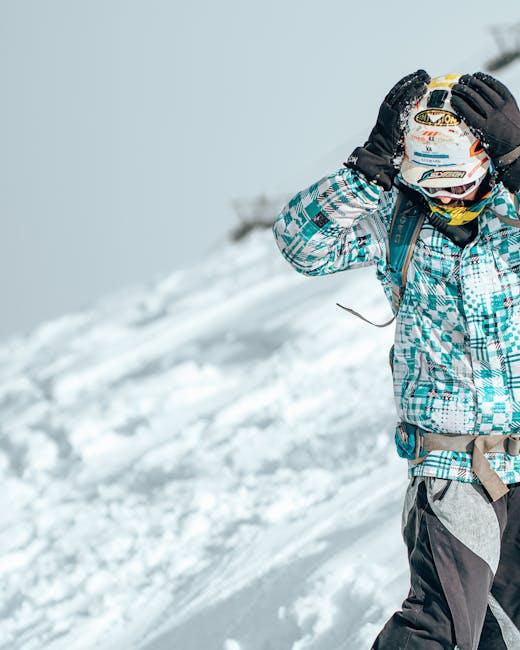
Building a Safety-Minded Snowboarding Community
Venturing into backcountry terrain can be an exhilarating experience, but it demands a strong focus on safety to ensure a thrilling yet secure adventure. Here are some key practices to foster a safety-minded snowboarding community:
- Know Your Terrain: Familiarize yourself with the area before hitting the slopes. Use maps and GPS devices to navigate effectively and avoid potentially hazardous zones.
- Equip Yourself: Always carry essential gear, including a beacon, probe, and shovel. These tools are crucial for avalanche safety and can make a life-saving difference in emergencies.
- Check Weather and Avalanche Reports: Stay updated with the latest forecasts and avalanche warnings. Knowledge of weather conditions can help you make informed decisions about your ride.
- Ride with a Buddy: Never venture out alone. Riding with a partner ensures that help is available in case of an accident, and it adds to the enjoyment of the experience.
- Take a Course: Consider enrolling in an avalanche safety course. These courses offer invaluable knowledge and skills to help you recognize dangers and respond appropriately.
By embracing these safety practices, snowboarders can build a community that not only enjoys the thrill of backcountry adventures but also prioritizes the well-being of all its members.
